The story of a young singer bringing arrogant, deviant lyrics to the stage, or the trend of “diss music” with vulgar street language spreading on social networks... is no longer an isolated incident. It is a manifestation of an era where attention is valued more than professional ethics, where “viral” can easily be mistaken for real value.
To be fair, artistic creation requires individual ego. But ego only has meaning when it is directed towards the community and adheres to cultural standards. When lyrics belittle others, use money as a measure of dignity, and incite deviant lifestyles, that is not courage, but arrogance. The stage is not a place to vent anger; the public is not a shield for “verbal garbage”. A rap line “for fun”, an unverified “improvisation” sung in front of thousands of people and spread like wildfire on social media, it is no longer as harmless as people think.
The public is outraged not because of harshness, but because of respect for art. Therefore, the "orientation and correction" of composition and performance - as in the recent dispatch of the Propaganda and Mass Mobilization Department of the Ho Chi Minh City Party Committee - is necessary. That document is not a "no-air" sentence, but rather a sign at a dangerous bend: Reminding the driver that there is a deep abyss ahead, they need to keep a steady hand on the wheel, and not leave it to fate.
Some people say: “If art is oriented, what is left of creative freedom?”. The question is correct, but not enough. Every civilized society has “soft barriers” to protect good customs, so that no one in the name of freedom hurts others. Just like traffic lights, music must have an evaluation process, performances must be licensed, and language, even art, must have a humane spirit. If management is lax, handling things in a “fait accompli” manner, the first people to be affected will be the youth - souls who are forming aesthetic tastes, easily imitating and considering “trends” as the truth.
Artists, more than anyone else, must know how to "control" themselves. Careless language and arrogant attitude are insulting to the audience, and over time, that will harm the profession, because any "virtual halo" will easily fade away. As for the audience, they also need to practice "audio-visual culture" every day. Each like, share or comment is a cultural vote. If the community resolutely turns its back on "trash music", producers will change their taste, artists will adjust their direction, social networks will change their algorithms... On the contrary, if deviation is fostered because of curiosity or low taste, then all efforts to correct it will become meaningless.
The debate over “to ban or not to ban” will continue. But perhaps what is needed more is an unspoken convention in society: Freedom is for doing the right thing. Management agencies must be transparent in their processes, resolute in dealing with violations, and praise beauty; professional associations must foster professional ethics, raise appraisal standards, and seriously protect workers; digital platforms must tighten toxic content and increase algorithmic responsibility; artists must create with talent instead of tricks, and the public must not feed evil with curiosity...
We have the right to hope for a modern, humane and rich musical life. To do so, each person, from artists to audiences, must start with responsibility in the way they create, enjoy and spread values. Because culture is not far away, it begins within each of us, in every choice, every word and in the way we keep music always oriented towards beautiful things.
Source: https://baovanhoa.vn/van-hoa/tu-do-sang-tao-va-gioi-han-van-hoa-177245.html


![[Photo] National Assembly Chairman Tran Thanh Man receives Chairman of the House of Representatives of Uzbekistan Nuriddin Ismoilov](https://vphoto.vietnam.vn/thumb/1200x675/vietnam/resource/IMAGE/2025/10/27/1761542647910_bnd-2610-jpg.webp)
![[Photo] The 5th Patriotic Emulation Congress of the Central Inspection Commission](https://vphoto.vietnam.vn/thumb/1200x675/vietnam/resource/IMAGE/2025/10/27/1761566862838_ndo_br_1-1858-jpg.webp)



![[Photo] Party Committees of Central Party agencies summarize the implementation of Resolution No. 18-NQ/TW and the direction of the Party Congress](https://vphoto.vietnam.vn/thumb/1200x675/vietnam/resource/IMAGE/2025/10/27/1761545645968_ndo_br_1-jpg.webp)
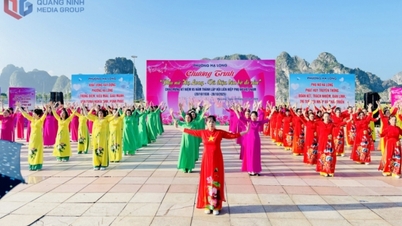

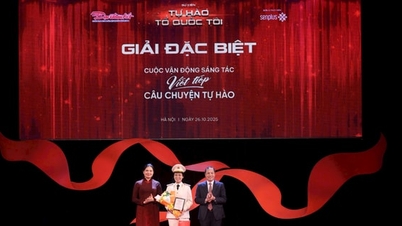






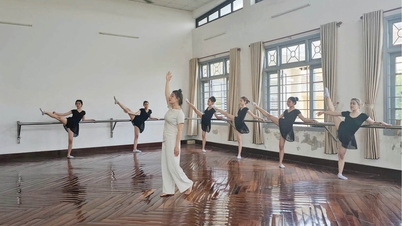



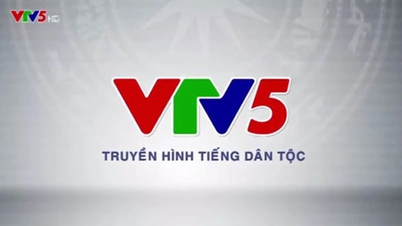












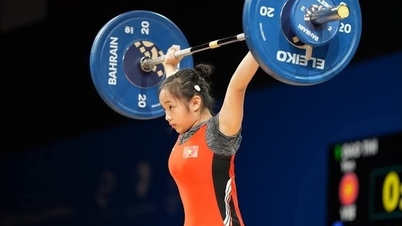
















































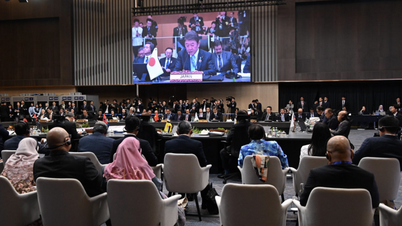







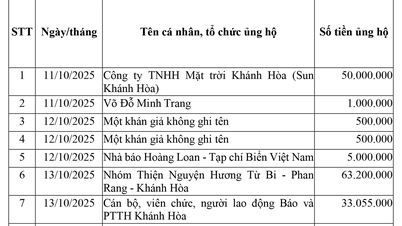






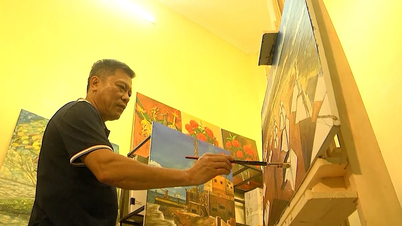













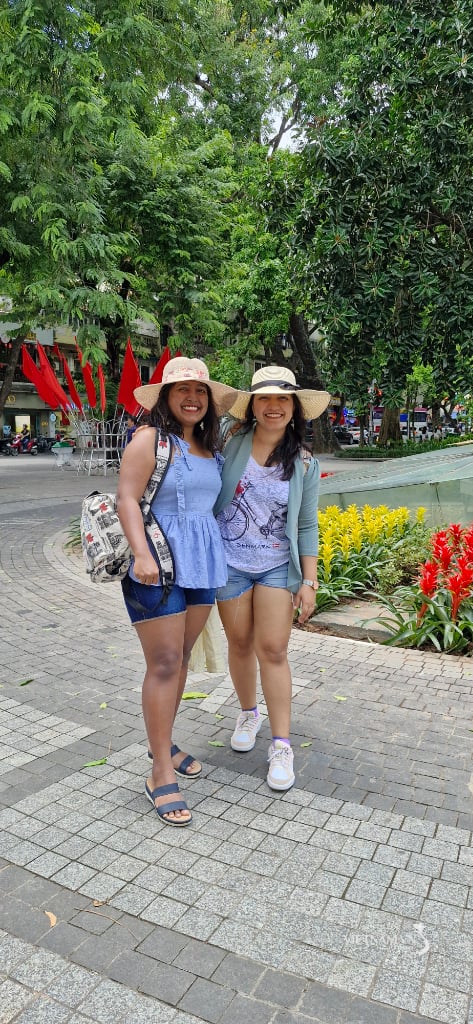
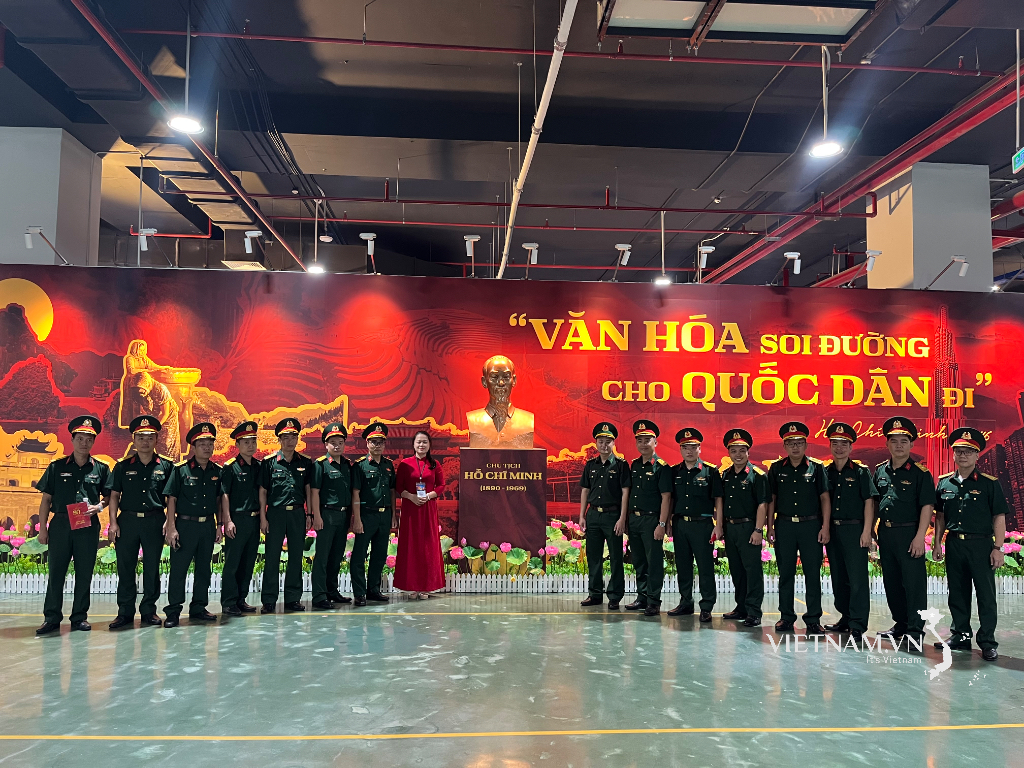
Comment (0)